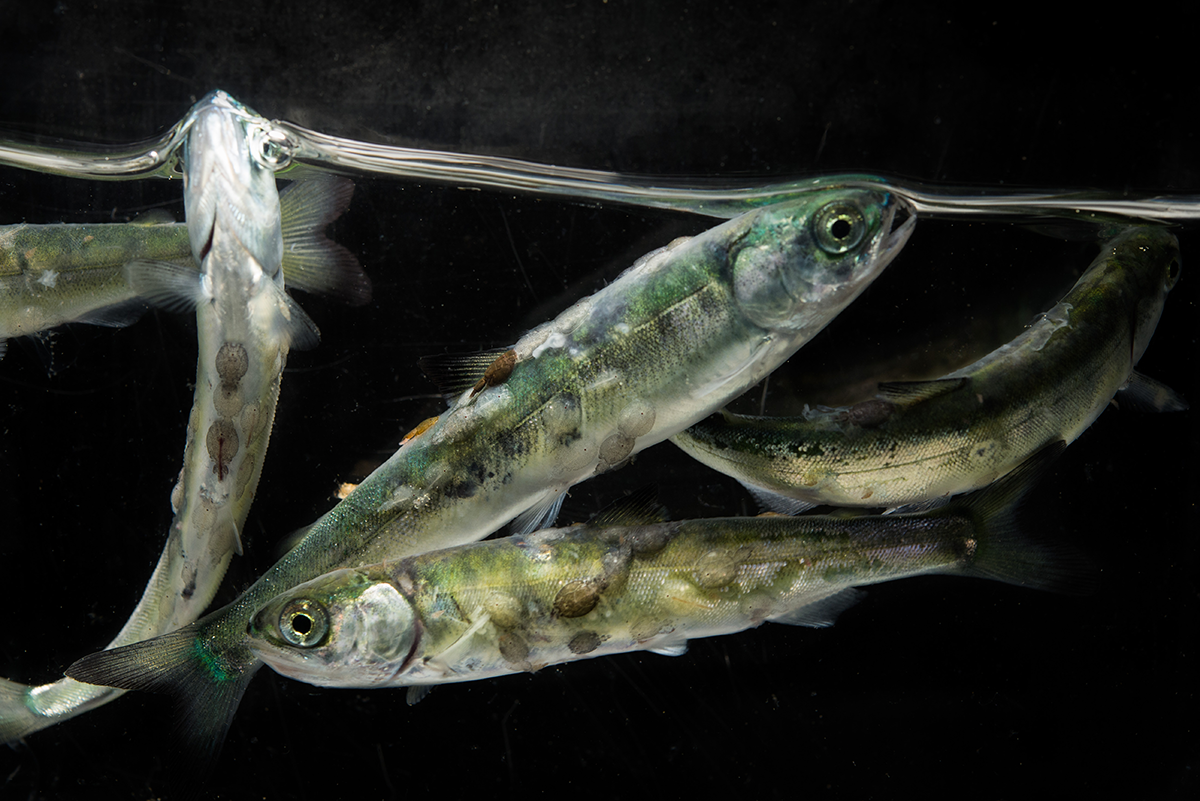BREAKING NEWS
Canadian Government Will Phase Out All Open Water Net Pens from British Columbia
In our last news post, we shared two pending major decisions being made by Washington State’s Commissioner of Public Lands and Canada’s Minister of Fisheries that will determine the fate of the industry in Washington and British Columbia and possible throughout the Pacific Coast.
We are thrilled to share incredible and historic news! In a press release yesterday, Canada's Minister of Fisheries Joyce Murray announced that the Canadian government is taking bold action to phase out all open net pen aquaculture in British Columbia’s coastal waters.
In the coming weeks, the Canadian government is planning to share a draft framework that will guide this transition away from open net pen salmon aquaculture. Between now and the spring 2023, Minister Murray's office will consult with local governments, First Nations, industry, and the public in each region to guide the development of the final transition plans for these facilities.
In the meantime, Canada has denied the renewal of 19 licenses in the Discovery Islands and is only issuing temporary 2-year license renewals for the rest of the coast. Two years is less time than a full grow out cycle for Atlantic salmon, signaling the government's likely intent is for operators to grow out what fish remain ahead of the phase out, not to plant new fish.
Wild juvenile salmon infected with sea lice during a devastating coastwide outbreak in the spring of 2020. These outbreaks were most severe in the Discovery Island region where independent biologists reported 97% of all fish sampled were infected with potentially lethal levels of sea lice. In 2020, Canadian prohibited restocking of 19 salmon farms in the Discovery Islands. These facilities are vacant today and wild salmon migrating through that region are free of sea lice for the first time since sea lice research began in that region in 2005. Yesterday’s decision confirmed no new leases for these 19 facilities will be granted.
The Minister’s announcement included a mandate for the transition to occur in a manner that will prioritize wild salmon, the environment, and the economy, and stated a commitment to “establish[ing] Canada as a world leader for the next-generation aquaculture industry.” Meeting all of these commitments will require a total transition out of public waters to sustainable land-based, closed-containment systems. Companies like Nova Scotia’s Sustainable Blue already operating throughout the US and Canada are working models demonstrating land-based facilities can be ecologically, economically, and socially viable.
As a result of Canada’s major decision, Washington state is now the only jurisdiction on the entire North Pacific Coast that has not committed to ending or banning this practice in public waters.
All eyes have now turned toward Washington state two remaining leases that authorize the industry to operate will expire in 2022 after decade long tenures. Commissioner Franz’s upcoming decision expected any day over whether or not to issue new leases to Cooke Aquaculture is now more important than ever, as it would unite the coast in eliminating this major and significant risk to wild salmon and marine health.
Tell Commissioner of Public Lands Hilary Franz:
Stop Leasing Our Public Waters for Commercial Net Pen Aquaculture and Restore Puget Sound for the Benefit and Use of All



